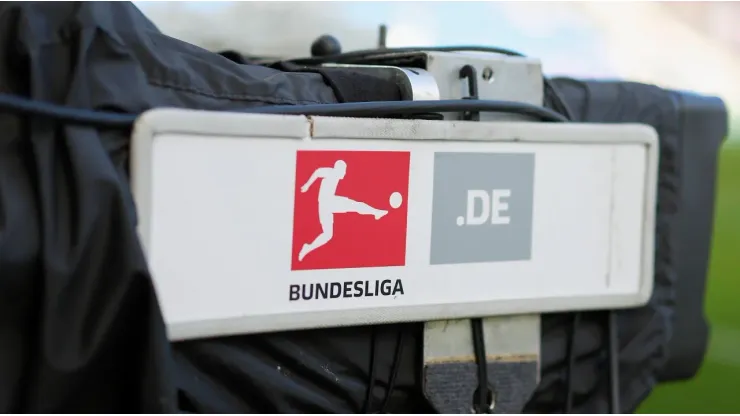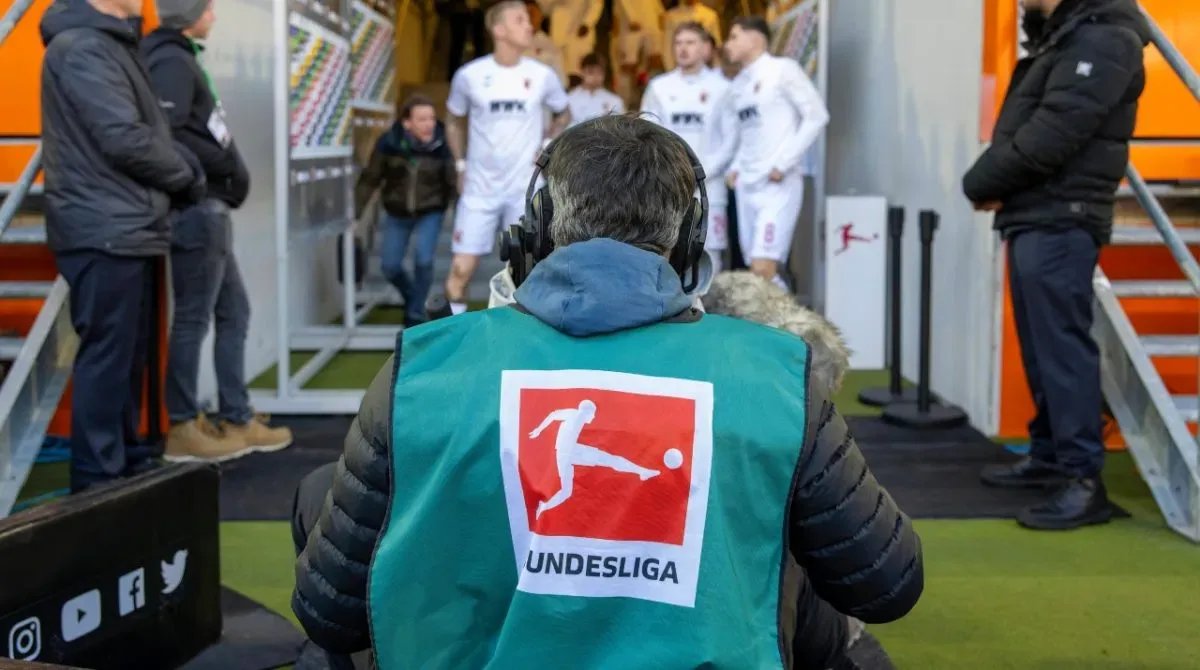The German Bundesliga has updated its media rights invitation to tender for the top two divisions for the four-season cycle 2025/26 to 2028/29, including additional details and restrictions.
The match scheduling structure is mostly the same as its previous iteration. One change is that a single buyer may now purchase the four lucrative pay-tv rights packages.
From the 2016 Bundesliga domestic tender forward, the regulation prohibiting a single buyer has been in place. The initiative aimed to broaden the pool of potential bidders for the German top flight by broadcasting a variety of sports.
Although the legislation no longer mandates the division of rights among several media partners, this practice has emerged as a result of subsequent agreements.
What did German Federal Cartel Office say?
The DFL, the German football organization, has a new rights distribution mechanism that the Federal Cartel Office has authorized. This model does away with the no-single-buyer regulation.
The competition authority has acknowledged the altered nature of the live broadcasting industry’s market. It has also decided that it can withstand this change for the next licensing term.
“In recent years, the market for live coverage of football matches has become much more dynamic due to the activities of companies such as DAZN, RTL and also Amazon. Most importantly, all providers now offer attractive internet-based broadcasting services as well”, the head of the German Federal Cartel Office, Andreas Mundt remarked.
“Encouraging competition for innovation in broadcasting the content was a particularly important goal of the no-single-buyer rule. This means that we can now accept DFL’s suggestion to waive the general rule that no single company may acquire the exclusive live broadcasting rights to Bundesliga matches in the upcoming auction.”
What does the Bundesliga plan to offer in TV rights packages?
Each season, the available packages cover a total of 617 games. The Bundesliga 2 is covered by two technology-neutral packages in addition to the four pay-TV live rights bundles. Another option is the FTA package, which includes the Super Cup and nine other live games.
There have been a few more package modifications in the DFL. One pay-TV option now bundles individual Friday games on both Friday and Saturday afternoons. There are also new highlighted rights packages, such as one that is digital platform-specific.
To cater to smartphone viewers, it has also promised live shows in a 9:16 aspect ratio. There are also “special productions” that they air, such as shows aimed squarely at kids and teens.
The Bundesliga said that they would be increasing the number of cameras at matches to 28 to provide more material. Simultaneously, there is a call to embrace new technologies, broadcast formats/platforms, and non-live content creation.
And to make the Bundesliga even more exciting, they’re getting closer to the clubs on the media stuff they make themselves. Midway through February, the DFL plans to deliver tender paperwork to all authorized firms. The rights auction begins in mid-April, according to the DFL.
In the 2016 Bundesliga rights procurement, Germany instituted the no-single-buyer rule. This encourages new rivals, such as those from the streaming industry. The UK and Italy are examples of other countries to adopt this.
PHOTOS: IMAGO
200+ Channels With Sports & News
- Starting price: $33/mo. for fubo Latino Package
- Watch Premier League, Women’s World Cup, Euro 2024 & Gold Cup
The New Home of MLS
- Price: $14.99/mo. for MLS Season Pass
- Watch every MLS game including playoffs & Leagues Cup
Many Sports & ESPN Originals
- Price: $10.99/mo. (or get ESPN+, Hulu & Disney+ for $14.99/mo.)
- Features Bundesliga, LaLiga, Championship, & FA Cup
2,000+ soccer games per year
- Price: $5.99/mo
- Features Champions League, Serie A, Europa League & Brasileirāo
175 Premier League Games & PL TV
- Starting price: $5.99/mo. for Peacock Premium
- Watch 175 exclusive EPL games per season







